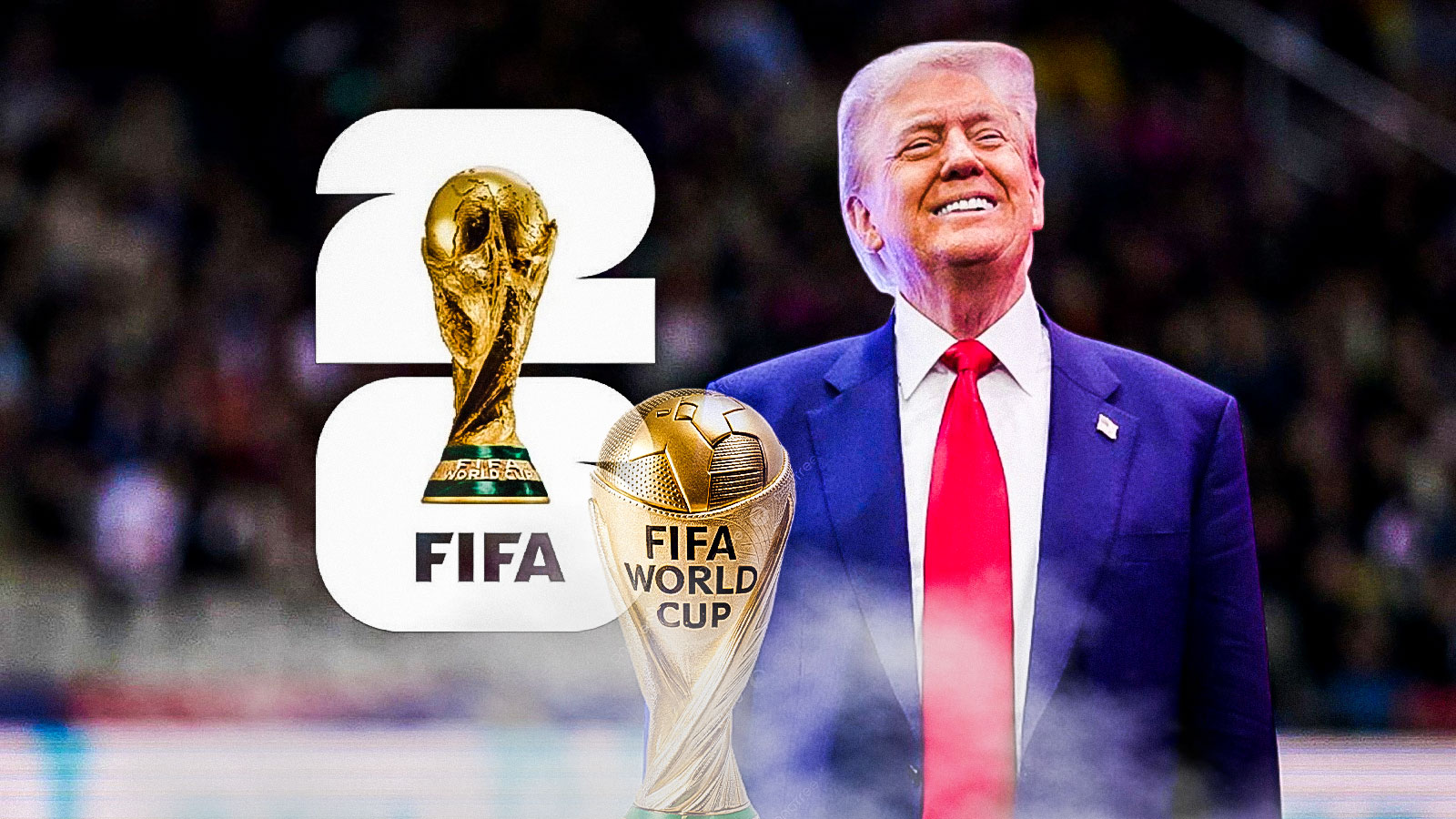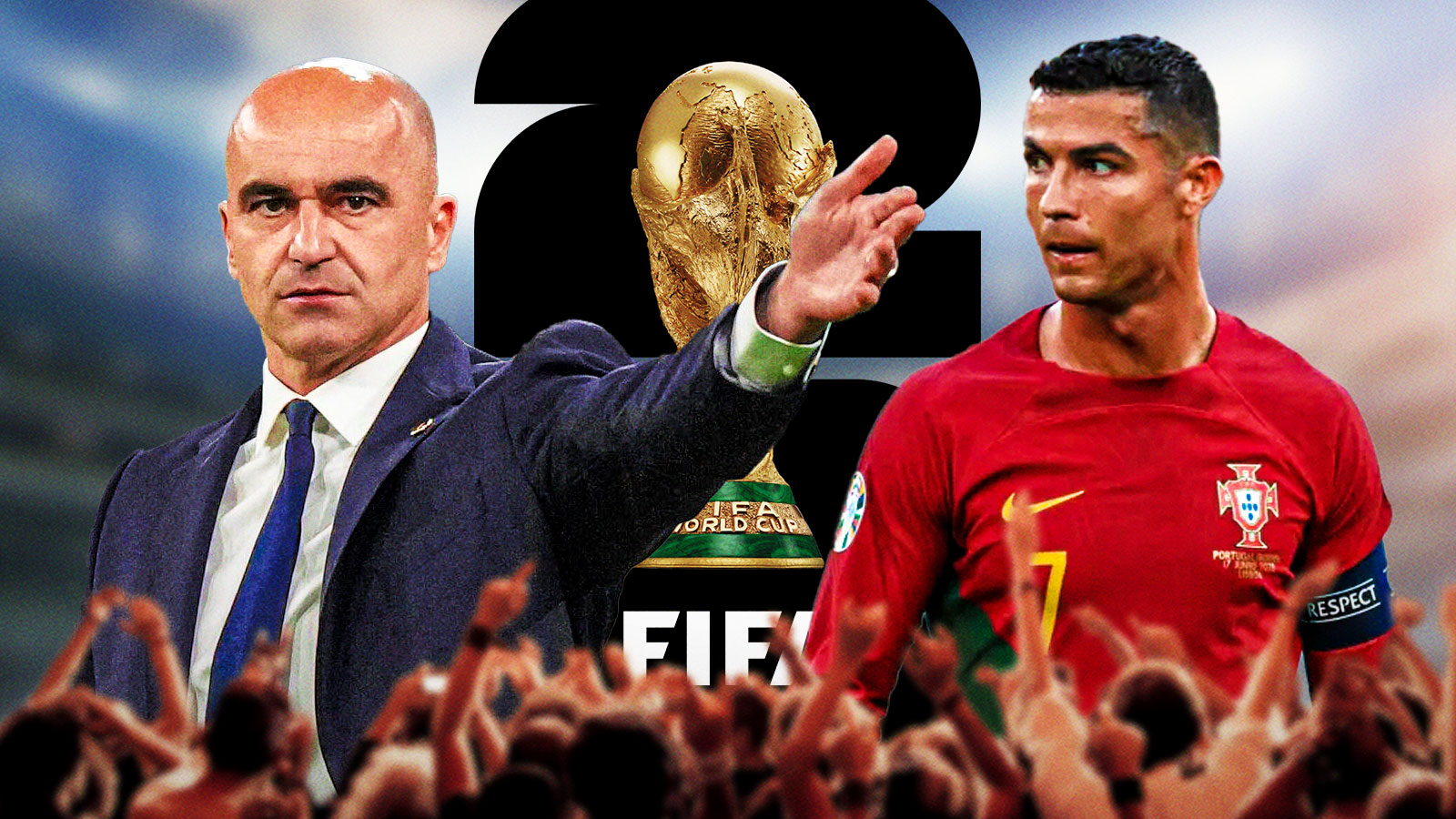In English football, Manchester City's ongoing legal dispute with the Premier League has sparked significant concerns about the potential ramifications for financial regulations and competitive balance. City's challenge against the Premier League's associated party transaction (APT) rules is at the heart of the matter, which the club contends are “unlawful” and unfairly restrict their operations.
If Manchester City were to emerge victorious in their legal battle, it could signal a seismic shift in the Premier League's financial dynamics. The crux of the issue lies in the lifting of the cap on sponsorship deals, which currently serves as a safeguard to maintain financial fairness and sustainability across clubs. However, should City succeed in overturning these regulations, they would gain what Football Insider's Pete O'Rourke describes as “unlimited spending power.”
Implications of Manchester City's unlimited spending power
The prospect of City gaining unlimited spending power has sent ripples of concern throughout English football. With the ability to negotiate lucrative sponsorship deals without restriction, City could potentially wield unprecedented financial muscle in the transfer market. This could allow them to outspend their rivals, further cementing their domestic and European dominance.
Pete O'Rourke's comparison to Paris Saint-Germain's dominance in Ligue 1 underscores the potential consequences of City's newfound financial freedom. Just as PSG's vast resources have propelled them to supremacy in French football, City's unlimited spending power could tilt the Premier League towards a similar imbalance, where financial prowess dictates success.
Dominance and legal challenges
Manchester City's recent track record of success in the Premier League, with four titles in the last six years, highlights their formidable presence within English football. However, this dominance has been scrutinized and criticized, particularly regarding the club's financial practices.
City's assertion that existing regulations represent a “tyranny of the majority” reflects their contention that the rules unfairly target them. Nevertheless, calls for the club's expulsion from the league persist, fueled by allegations of financial irregularities and breaches of financial fair play regulations.
The legal dispute between Manchester City and the Premier League is poised to be a protracted and contentious affair. Regardless of the eventual outcome, the case will undoubtedly leave a lasting impact on English football.
The threat of City obtaining unlimited spending power looms large, causing apprehension among rival clubs and fans alike. The existing charges of financial irregularities against City only heighten concerns about their potential to exploit newfound financial freedom if they succeed in their legal challenge.
Manchester City's legal battle with the Premier League represents a watershed moment for English football. The prospect of unlimited spending power poses significant challenges to the principles of financial fairness and competitive balance within the league. As the legal proceedings unfold, the football world watches with bated breath, keenly aware of the potential implications for the future of the sport in England.




















